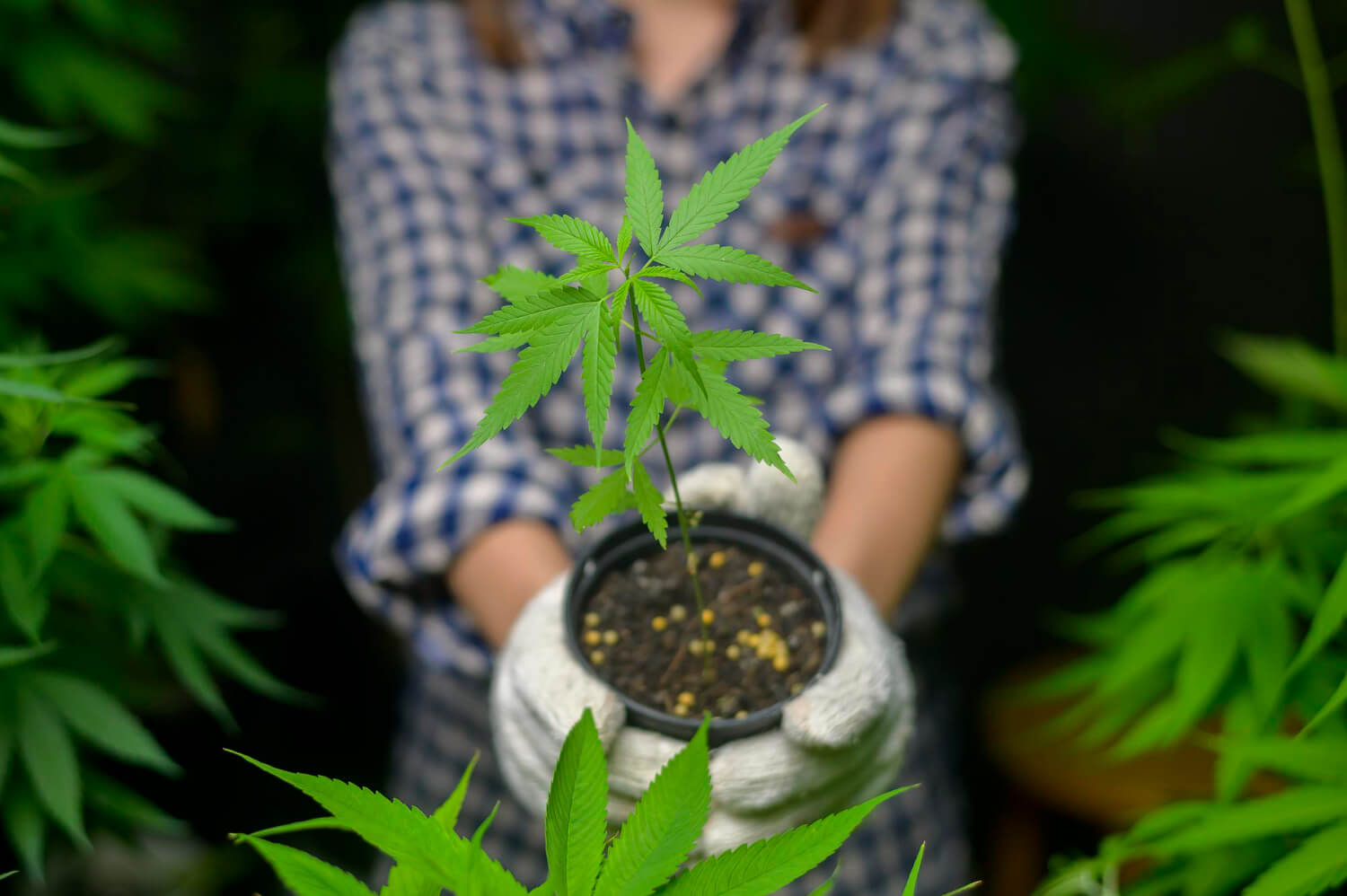The implementation of various state regulations surrounding the legalization, taxation, and usage of marijuana has been an ongoing topic of discussion across different states.
In Ohio, a Republican lawmaker introduced a bill that would allow municipalities to ban cannabis use and home cultivation locally and redistribute tax revenue from social equity and jobs programs towards law enforcement training.
Meanwhile, New Jersey Governor Phil Murphy remains open to the idea of permitting home cultivation but wishes to give the licensed industry more time to develop. The current debates are centered around achieving both public and economic benefits through cannabis legalization while addressing concerns about community-specific values and law enforcement practices.
Ohio’s Proposed Legislation for Local Bans on Cannabis Usage and Cultivation
Republican Representative Scott Click submitted a bill in response to voter-approved Issue 2, modifying key provisions that previously prevented local authorities from banning marijuana use, home cultivation, or scientific research in their jurisdictions. This legislation aims to establish a patchwork of policies tailored to each locality instead of a blanket statewide policy governing all facets of cannabis consumption and commerce. It leaves the option for municipalities to opt out of allowing new recreational cannabis businesses within their borders while not affecting existing medical marijuana firms. Click also proposed changes to tax allocations collected from cannabis operations. These changes include creating two new funds: one for substance misuse and recovery services and another for law enforcement training.
Addressing Voter Misconceptions and Public Sentiments
Some lawmakers argue that voters may not have fully understood or agreed with the specific provisions in the legalization initiative that they approved with 57% of the vote. As such, Click asserts his openness to amendments reflecting the will of the people. Due to licensing delays, most of the proposed changes discussed would not be implemented until next year. However, an outright local ban on sanctioned cannabis activities such as home cultivation could have immediate effects if approved.
New Jersey’s Stance on Home Cultivation and Social Equity
Governor Phil Murphy has expressed his commitment to addressing social injustice through the expansion of the legal cannabis industry in New Jersey. When asked about home cultivation in the state, he stressed that his focus is on ensuring success for licensed businesses first before considering the legalization of home cultivation. He explained that once the New Jersey’s cannabis industry is solidly established, home growth policies can then be carefully deliberated upon. No specific timeframe or criteria have been provided for when this might occur, either administratively or legislatively.
Striving for a Fair and Equitable Legal Cannabis Industry
New Jersey continues to make strides toward fostering a more inclusive and equitable cannabis market for communities disproportionately affected by drug prohibition. State regulators recently began accepting public comments on proposed rules related to edible marijuana products, aiming to remove barriers and support economic mobility within the industry. This proactive approach shows recognition of both societal and market benefits achievable through implementing sensible and adaptable regulations surrounding cannabis production and consumption.
A Balancing Act: Local Values, Economic Development, and Law Enforcement
The current debates over cannabis-related regulations highlight the challenge policymakers face in balancing localized concerns with broader statewide considerations. As more states adopt marijuana legalization measures, it becomes increasingly important for lawmakers to listen to constituency needs and prioritize social equity while also respecting local values and addressing law enforcement practices. By continuing these discussions and refining regulatory frameworks, lawmakers are presented with a unique opportunity to promote positive economic development, bridge socio-economic inequalities, and respect community-specific priorities. With the ongoing dialogue around cannabis legalization and taxation, there is hope that a more balanced system will eventually be crafted to benefit both residents and communities at large.





